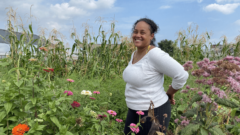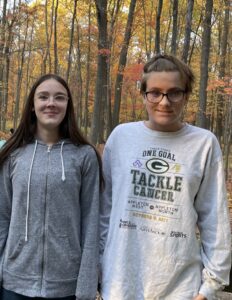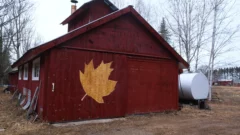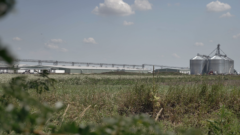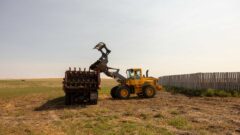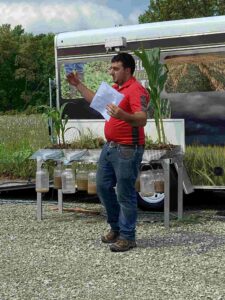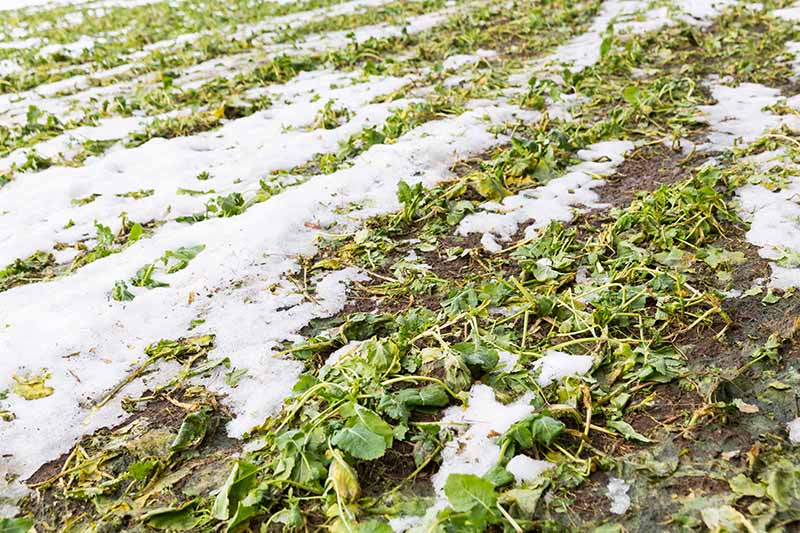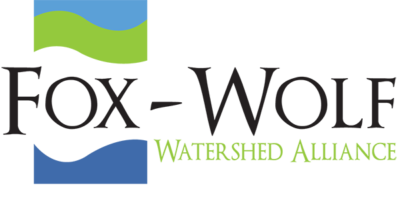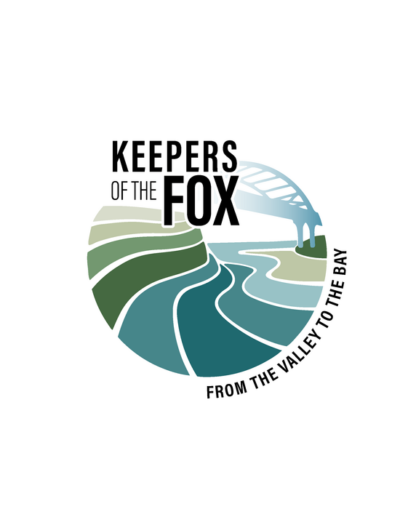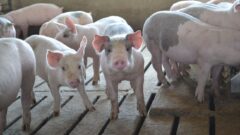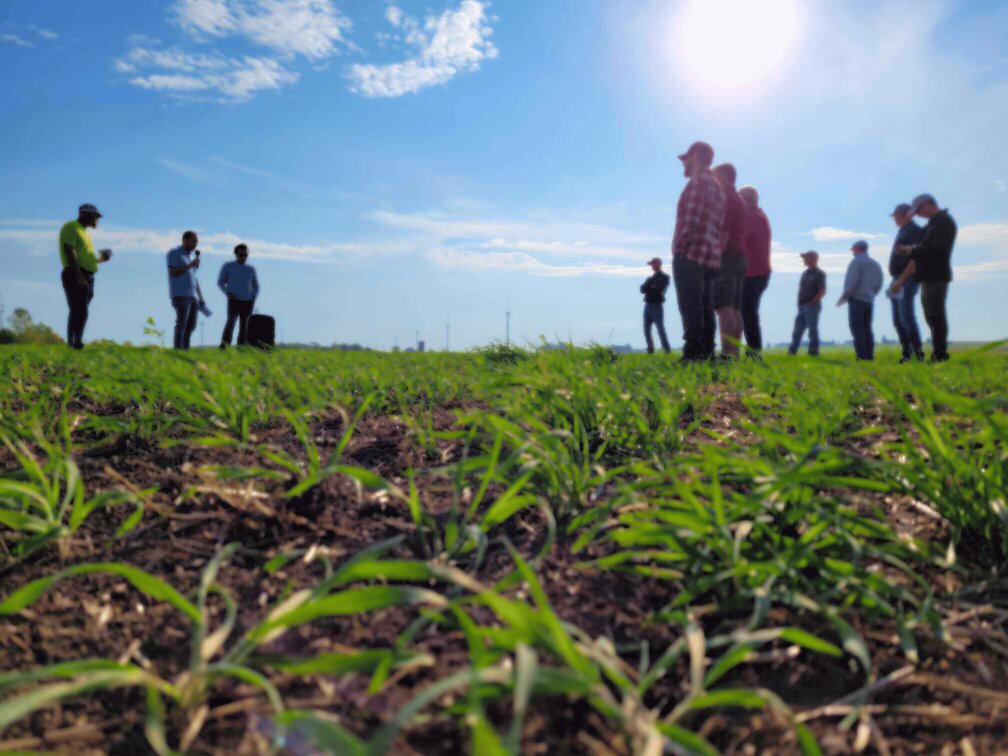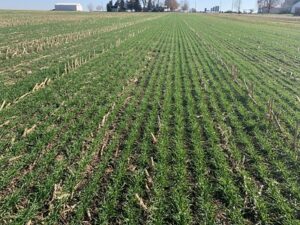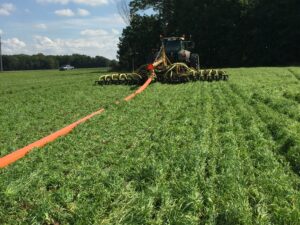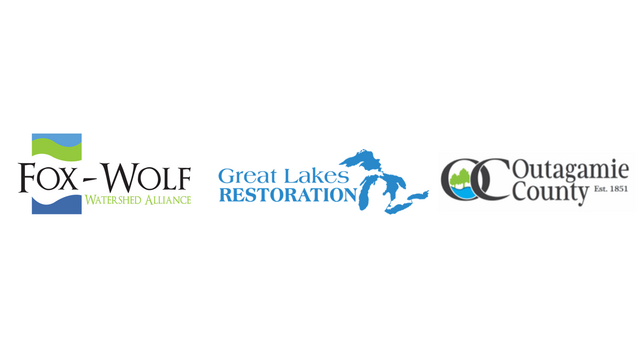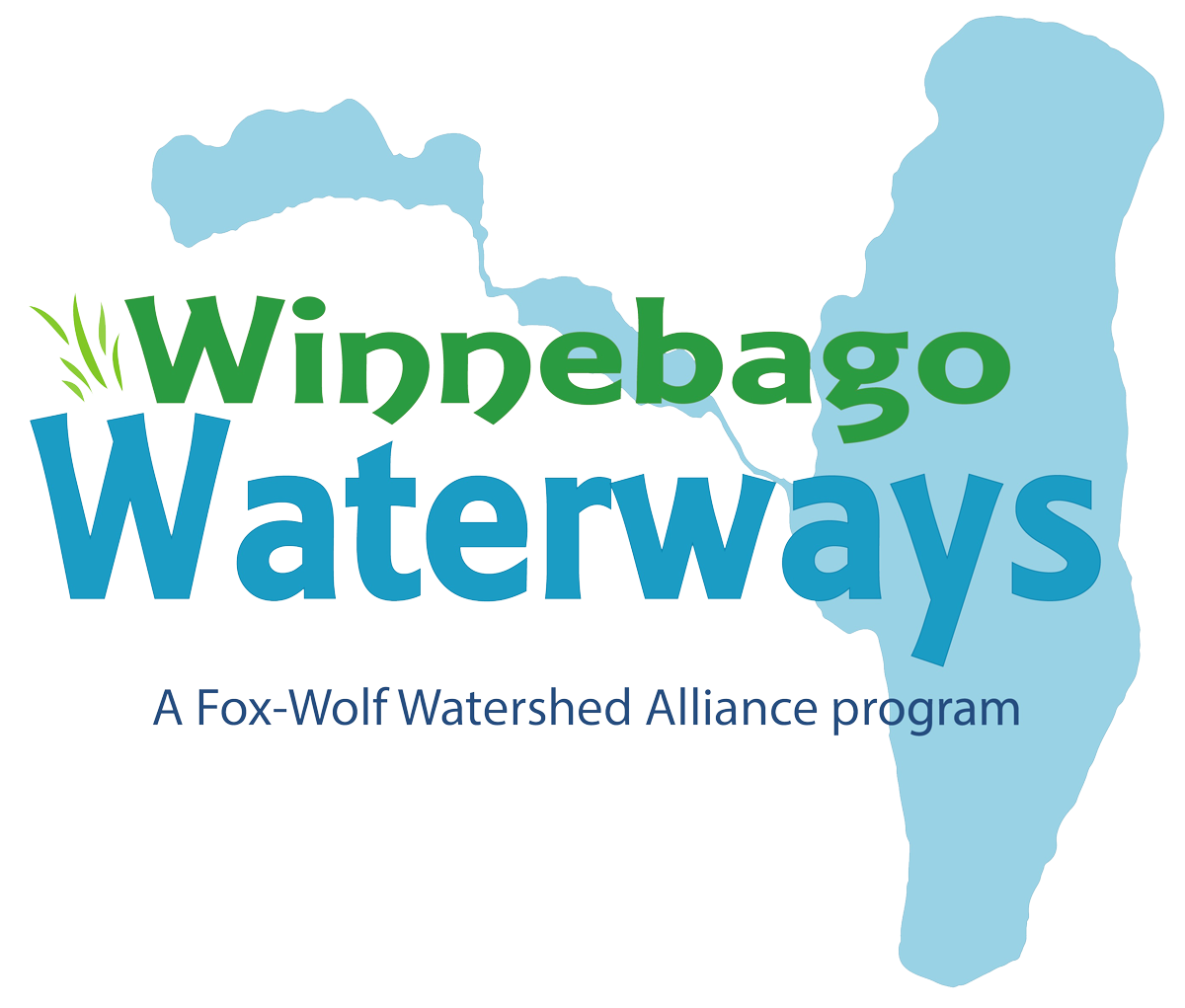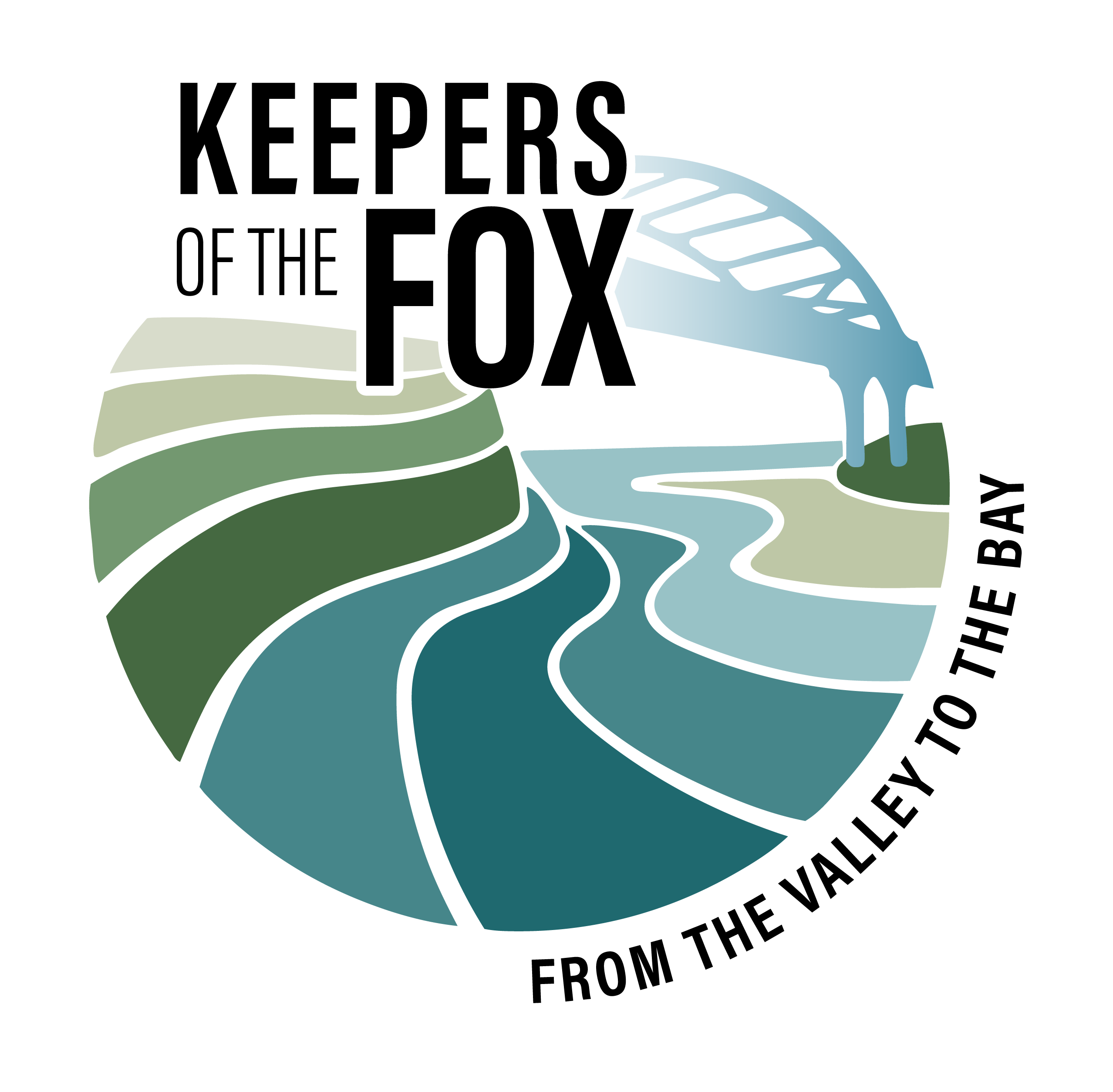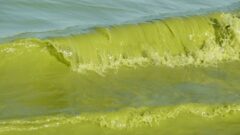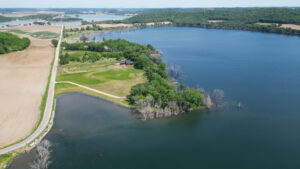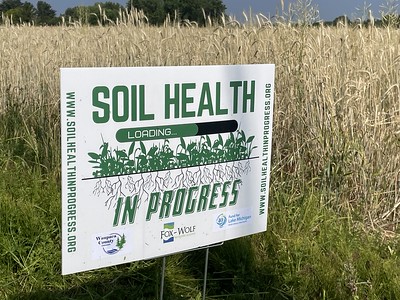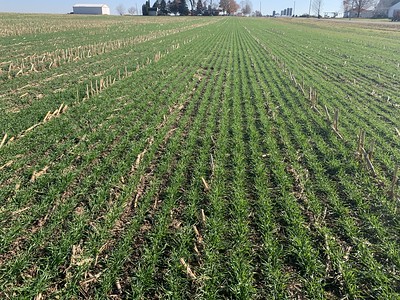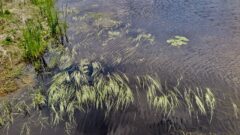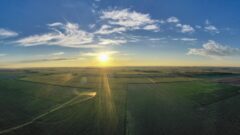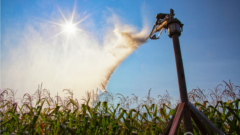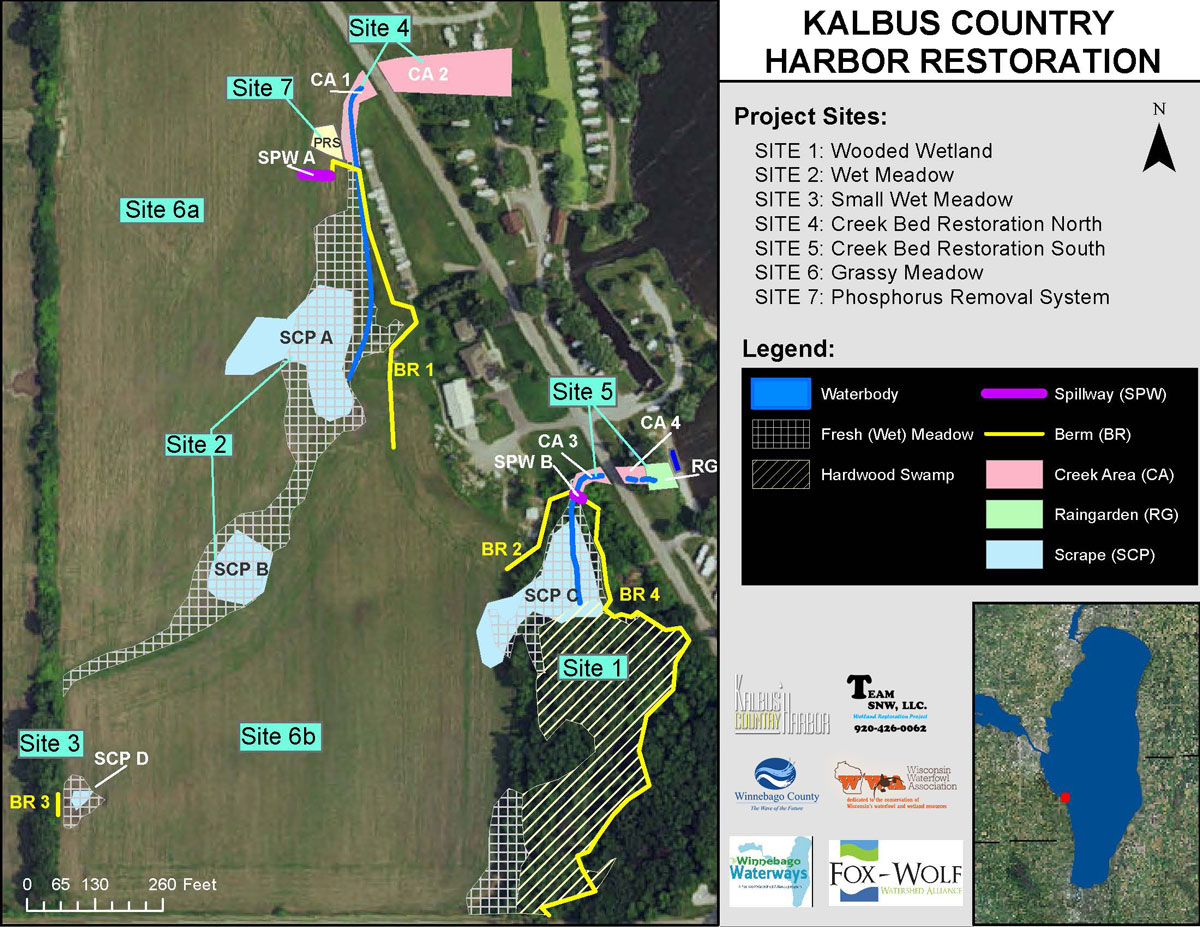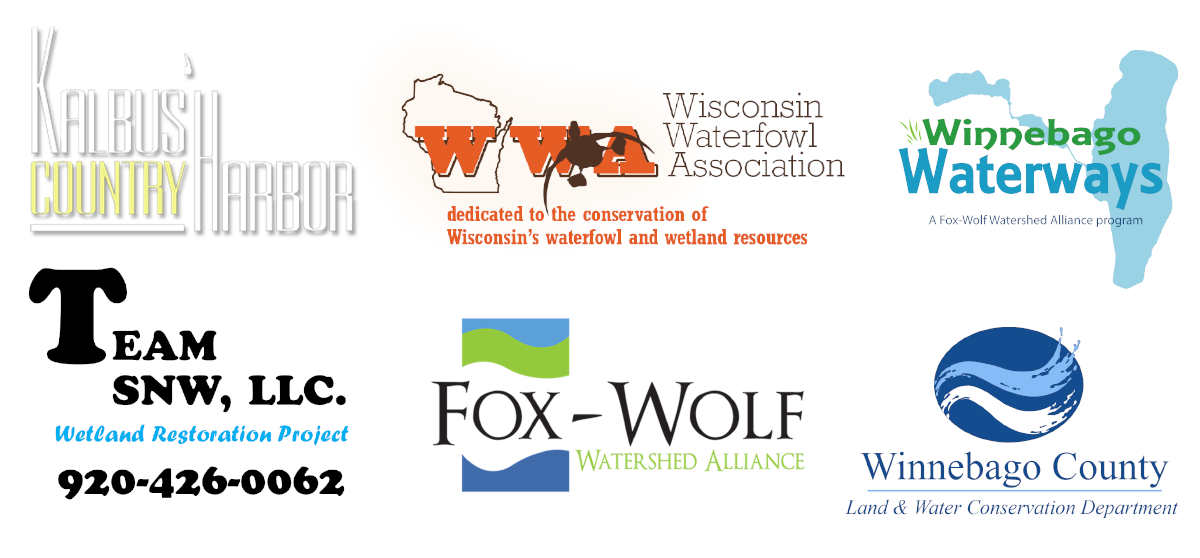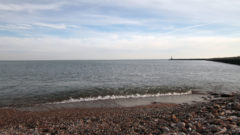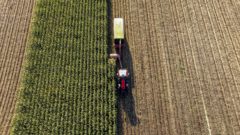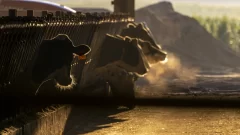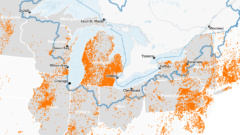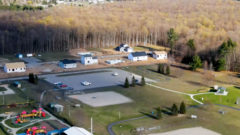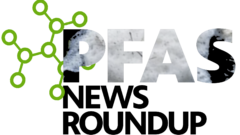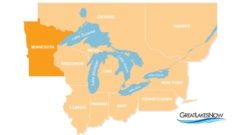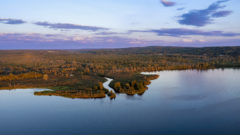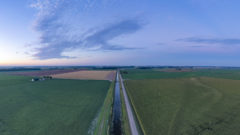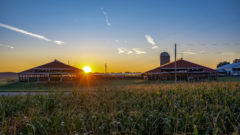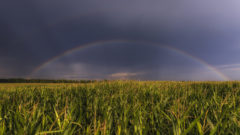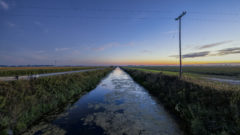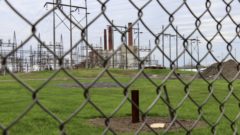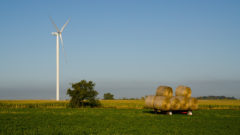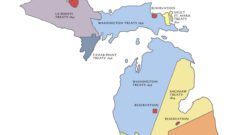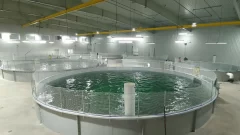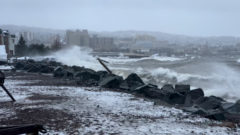Conservation Planning and the Farm Progress Report
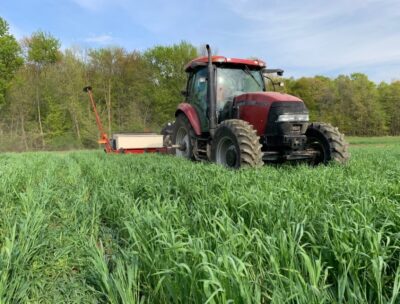
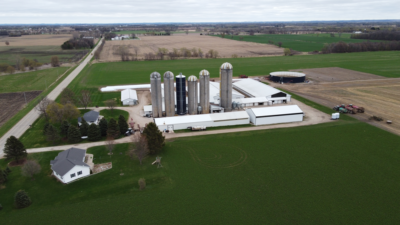
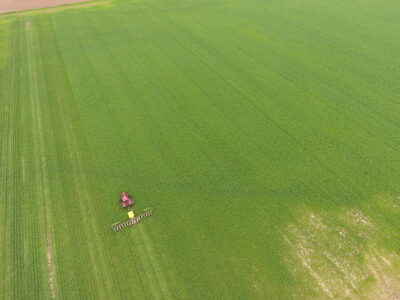
Conservation Planning & the Farm Progress Report
As the supply chain and consumers are looking for more sustainably produced products, understanding the environmental impacts of field management and having a tool to help communicate conservation efforts is important.
The Farm Progress Report utilizes data you most likely already collect to showcase the benefit your current and planned field management has on nutrient and sediment reduction to our local waterways and carbon capture resulting in reduced greenhouse gas emissions.
Incentive Rates
For producers enrolled in the Continuous Cover System, the SnapPlus database file will be requested after the first year of the contract period.
Producers are required to participate in 1 Farm Progress Report meeting but may be asked for additional meetings if needed to develop a quality report. Farm agronomists/crop consultants are high encouraged to participate in the meeting.
Implementation Cycle

Measurement Tools
Phosphorus and Sediment Runoff Reduction
To measure and communicate benefits to local water quality made by conservation efforts on the farm, the Farm Progress Report team will pull data from SnapPlus, the Soil Nutrient Application Planner already used by Wisconsin farmers as part of their Nutrient Management Plan. To learn more about SnapPlus visit: https://snapplus.wisc.edu
Carbon
To estimate and communicate Greenhouse Gas reduction through carbon capture from field practices, the Farm Progress Report team will run COMET-Planner for your farm based on the field data within SNAPPlus. COMET-Planner utilizes emission reduction coefficients to generalize greenhouse gas emission from soils. The Farm Progress Report will be a good introduction to the impact conservation efforts can have on your farm. A more in-depth calculation tool may be required for farms interested in exploring carbon markets or required to track carbon for their supply chain. To learn more visit: http://comet-planner.com/
Enrollment
Ready to start farming Climate Smart? To begin enrollment, review the Conservation Planning & Farm Progress Report program requirements. When you are ready to enroll, move to Step 2- filling out the required paperwork. Simply download, fill out, and scan and email or mail to Fox-Wolf. Fox-Wolf Watershed Alliance will respond within 2 weeks upon receipt of application. Timeline is dependent upon verifying eligibility through USDA-FSA.
Step 1: Review Practice Requirements and Eligibility
Before filling out the required enrollment paperwork, please review the Farm Climate Smart program requirements and eligibility to determine if you qualify.
Program requirements and eligibility can be found in the Requirements and Eligibility document. If you have questions regarding eligibility, contact your County Land Conservation Department Climate Smart staff.
Step 2: Download and Fill Out Documents
To begin enrollment, download and fill out the Producer Application, Privacy Information Release Request, and Field Enrollment forms. To download, click the image and follow the download instructions prompted by your browser.
All documents may be filled-out online or by hand. Either way you decide to complete the application, the documents must be printed and signed and dated by hand.
Requirements
General Requirements
- The Farm Progress Report relies on the availability of complete, accurate, whole farm data. Producers must work with their agronomist or crop consultant to update their SnapPlus database and sign a SnapPlus Data Release for the entire farm’s database* to be shared with Fox-Wolf Watershed Alliance.
- Participation in a minimum of one Progress Report Meeting. Additional meetings may be required if submitted data needs to be refined.
- Willingness to talk openly about field management, runoff, and future planning.
*Fox-Wolf Watershed Alliance is not subject to Freedom of Information Act (FOIA) requests and will maintain control of SnapPlus files, including databases, reports, and maps. County Land Conservation staff will participate in Farm Progress Report meetings and review the associated field management, but the underlying data and associated files will not be shared electronically.
SnapPlus Requirements
- Complete, accurate, and updated whole farm SnapPlus database
- Farm field, cropping, and soil test data for a minimum of the previous two years, the current year, and the future two years for a total of 5 years of accurate data. Depending on the goals of the producer, additional years/data can be provided to learn more about the farm’s history and/or projected conservation.
- Producers enrolled in the Continuous Cover System will be required to have 6 years of accurate data.
- SnapPlus must be free of errors and should reflect the reality of the farm’s operations. Producer should meet with their agronomist/crop consultant prior to the submission of data to ensure Snap is accurate.
Contact Information
Fox-Wolf Watershed Alliance
Project Management
Katie Woodrow
(920) 915-5767
┃katie@fwwa.org
Tim Burns
(920) 841-0104
┃tim@fwwa.org
Dedicated County Land Conservation Climate Smart staff are located in 8 counties throughout the Fox-Wolf Basin. Contact the staff person in the county nearest to you to determine program eligibility and to begin enrollment.
Brown County
Brent Levash
(920) 391-4620
┃brent.levash@browncountywi.gov
Calumet County
Autumn Gomez-Tagle
(920) 849-1493
┃autumn.gomeztagle@calumetcounty.org
Fond du Lac County
Justin Loehrke
(920) 414-0096
┃justin.loehrke@fdlco.wi.gov
Outagamie County
Andy Kiefer
(920) 832-5073
┃andy.kiefer@outagamie.org
Shawano County
Bill Koepke
(715) 526-4620
┃bill.koepke@shawanocountywi.gov
Waupaca County
Stefan Stults
(715) 258-6245
┃stefan.stults@co.waupaca.wi.us
Waushara County
Kaylee Overby
(920) 787-0443
┃kaylee.overby@wausharacountywi.gov
Winnebago County
Eric Bertram
(920) 232-1958
┃ebertram@winnebagocountywi.gov
Have a question?
Need help enrolling? Maybe a question about eligibility? Confused about program requirements?
Fill out the Contact Us form and we will get back to you as soon as we can!
The post Conservation Planning and the Farm Progress Report appeared first on Fox-Wolf Watershed Alliance.
Fox-Wolf Watershed Alliance
https://fwwa.org/2024/06/17/conservationplanning/?utm_source=rss&utm_medium=rss&utm_campaign=conservationplanning




